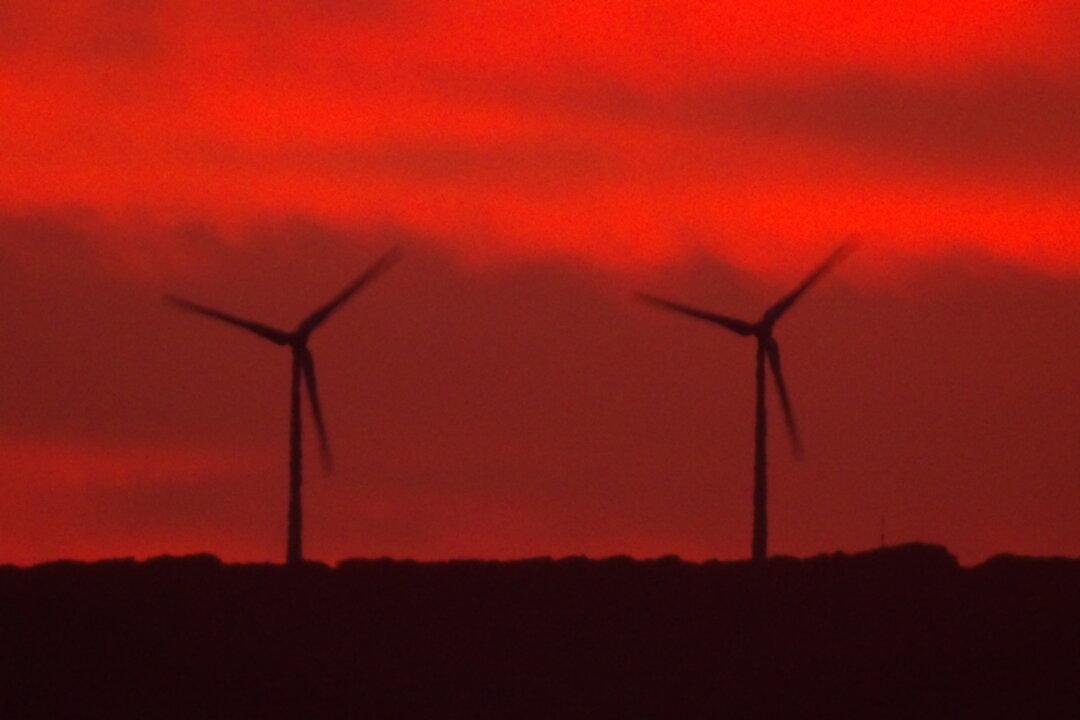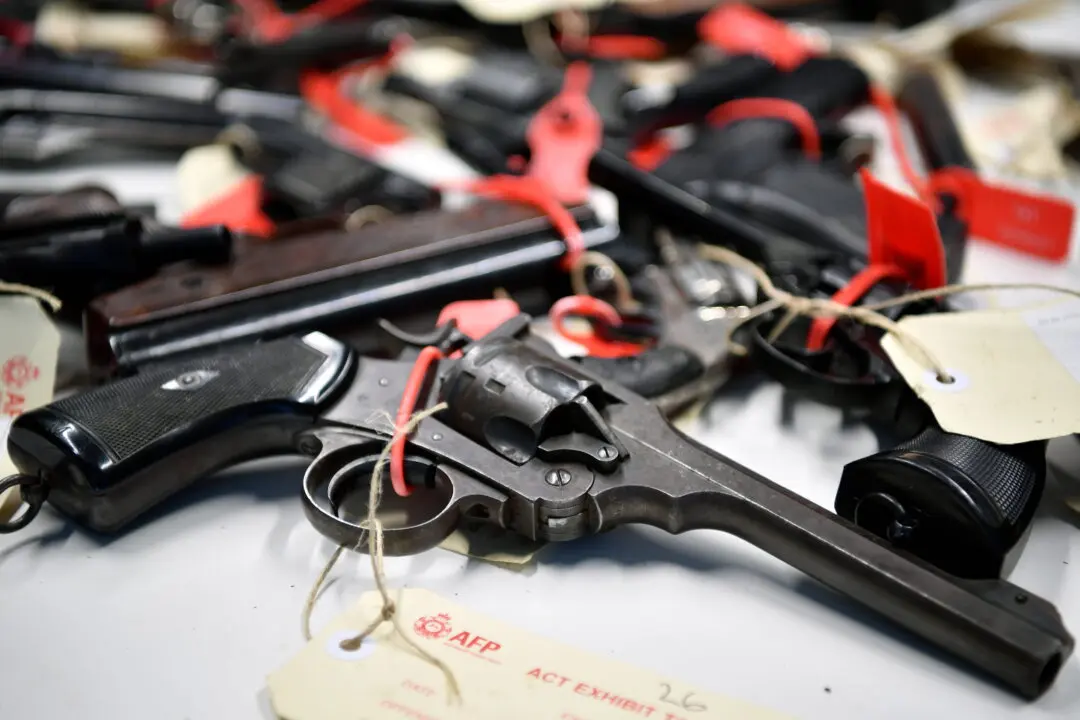The Queensland Labor government will establish a renewable energy “code of conduct” for developers amid the state’s net zero push.
The government, which is facing an election in 2024, introduced legislation into parliament to cut climate change emissions by 75 percent in February.





